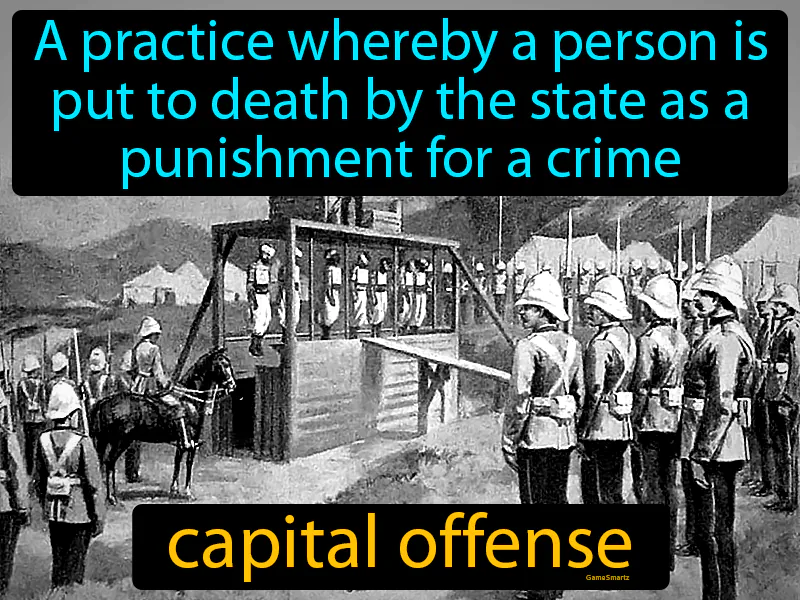Capital Offense
Capital Offense: Easy to understand
During the Growth of Western Democracies from 1815-1915, capital offenses referred to crimes punishable by death, which was seen as a way to deter severe crimes and maintain social order. It was important because it reflected the government's attempt to balance justice and control over rapidly growing and changing societies. This concept responded to issues like rising crime rates and the need for a strong legal system during times of industrialization and urbanization. Today, the idea of capital offenses still matters as many countries continue to debate the ethics and effectiveness of the death penalty. For example, in the United States, where some states still allow capital punishment, it can affect people by raising moral questions and impacting families involved in legal cases related to it.

Practice Version

Capital Offense: A practice whereby a person is put to death by the state as a punishment for a crime. Capital offense. In history, a capital offense is a crime considered so severe that it is punishable by death.